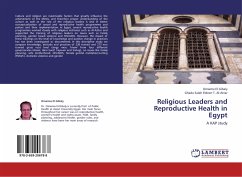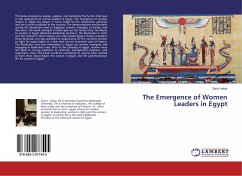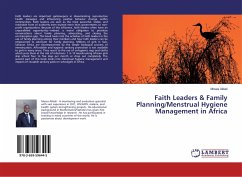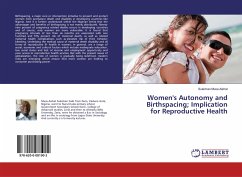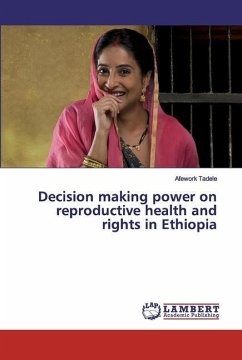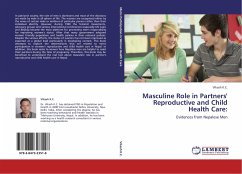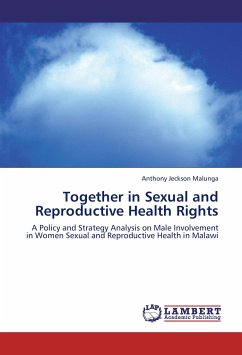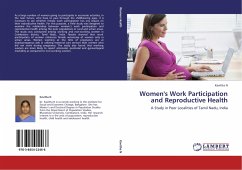Culture and religion are inextricable factors that greatly influence the achievement of the MDGs, and therefore proper understanding of the culture as well as the role of the religious leaders is vital in better conceptualization of sexual and reproductive health programmes and polices and their implementation. In Egypt, several reproductive health programmes worked closely with religious institutes such as Al-Azhar and supported the training of religious leaders on issues such as family planning, gender based violence and HIV/AIDS. However, the impact of these trainings on the level of knowledge and positive change in practices has not been investigated or documented. In this descriptive study we compare knowledge, attitude and practices of 238 trained and 273 non trained grass root level clergy men; 'Imam' from four different governorates (Assiut, Beni Sueif, Fayoum and Sohag), on issues like family planning, safe motherhood, HIV/AIDS, female genital mutilation/cutting (FGM/C),domestic violence and gender
Bitte wählen Sie Ihr Anliegen aus.
Rechnungen
Retourenschein anfordern
Bestellstatus
Storno

